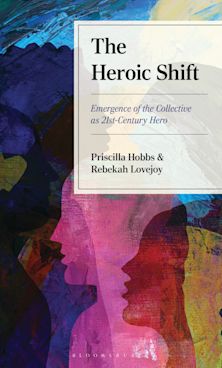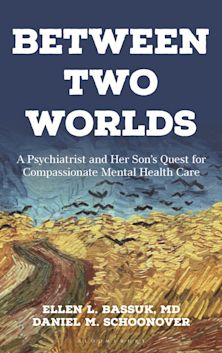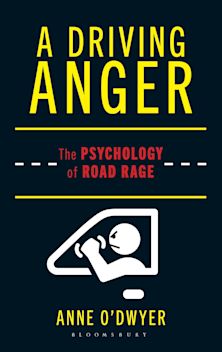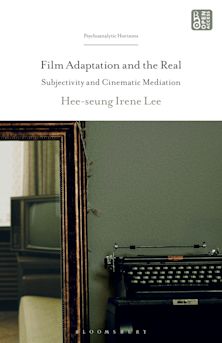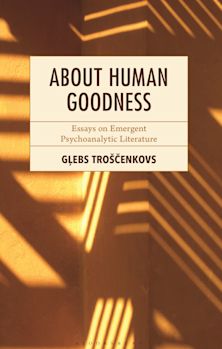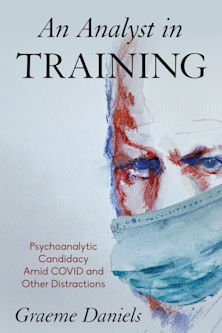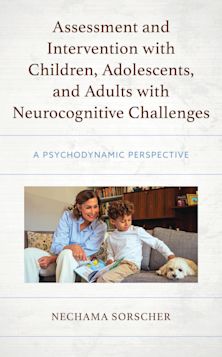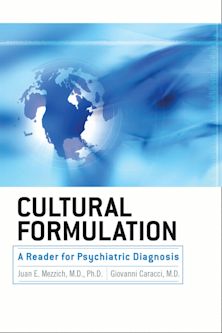- Home
- ACADEMIC
- Psychology
- Analytical Psychology
- The Paradox of Loss
This product is usually dispatched within 1 week
- Delivery and returns info
-
Free CA delivery on orders $40 or over
You must sign in to add this item to your wishlist. Please sign in or create an account
Description
This volume explains a new theory of grief and loss that is designed to represent the realities not addressed in current conventional views of grief. First and last, McCabe's is a relational theory of grief. Inherent in this theory is the reality that the lost one remains and ongoing part of our existence and that a major dimension of grieving involves reintegrating our lives around the lost presence. This process does not have stages or prescribed time limits as those cited in traditional theory. The experience proceeds, rather, in terms of the griever's prior, ongoing, dynamic relationship with the loved one as well as others, and the griever's personal resources for reconstituting life in the face of personal loss.
This volume will be useful to scholars and practioners whose work brings them in touch with death issues. Academics in psychology, sociology, nursing and religion will find this of interest, as will practitioners in bereavement counseling, menetal health, religion, social work, nursing and medicine.
Table of Contents
Acknowledgments
What Is Wrong with Prevailing Grief Models?
Introduction
Grief Theory and Subjective Accounts
The Biases beneath Grief Theory
Developing a Relational Theory of Grief
A Personal Account of Loss
The Paradox of Loss and the Relationship between Self and Other
Time, Death, Knowing, and Memory
The Meaning of a Relational Approach
Bibliography
Index
Product details
| Published | Dec 30 2003 |
|---|---|
| Format | Hardback |
| Edition | 1st |
| Extent | 240 |
| ISBN | 9780275979867 |
| Imprint | Praeger |
| Dimensions | 235 x 156 mm |
| Publisher | Bloomsbury Publishing |












